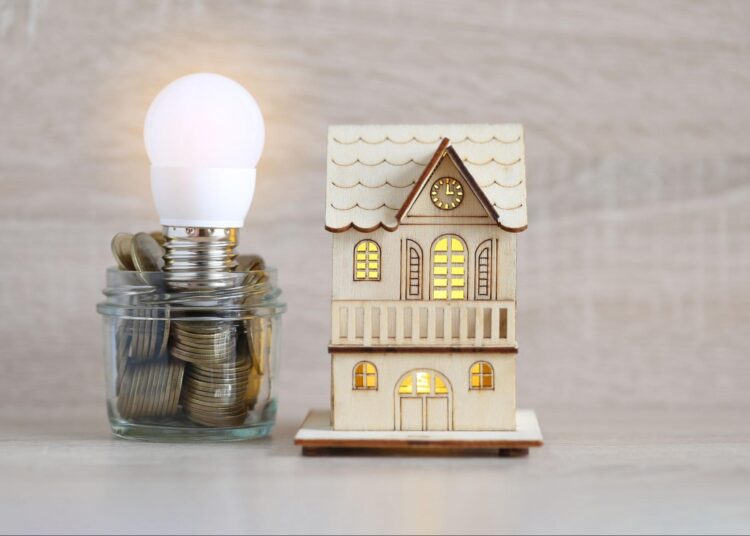Solar panels are becoming a popular way for UK homeowners to save on electricity bills and reduce their environmental impact. But the cost of installing them can be high at first. That’s why the government and local councils offer grants and support to help cover these costs. These programs aim to make clean energy more accessible and affordable for more households. Knowing what help is available can make a big difference when deciding whether to start a solar project.
Let’s look at the most important things UK homeowners need to know.
What Are Solar Energy Grants?
Solar energy grants are funding schemes that help reduce the cost of installing solar panels at home. These can include direct financial support, free installation offers, or incentives that allow you to earn money back over time. Some programs are for low-income households, while others are open to a wider group.
Understanding which grants apply to your situation—and the eligibility requirements for each—is the first step to saving money on your solar project.
For many households, exploring available home energy grants can lead to meaningful savings. These grants are often linked to broader goals, such as improving energy efficiency or making clean energy more affordable for families across the UK. Taking the time to check what support is available in your area may reduce the upfront costs significantly—and make solar a practical option sooner than expected.
Main Government Schemes in the UK
Several national schemes support homeowners who want to switch to solar energy. These programs help lower upfront costs and encourage energy efficiency measures that benefit homes in the long run.
1. Energy Company Obligation (ECO4)
The ECO4 scheme helps low-income and vulnerable households improve their home’s energy efficiency. This may include free or discounted solar panels. You could qualify if your home has a low energy rating and you receive benefits such as Universal Credit or Income Support.
In some areas, local councils can extend eligibility under a “flexible eligibility” option, so even if you don’t receive benefits, it’s worth checking with your local authority to see if you meet their eligibility requirements.
2. Home Upgrade Grant (HUG)
This grant is available in England for households that don’t use gas heating and have low incomes. It helps cover the cost of upgrades like solar panels and battery storage. Homes must have a low Energy Performance Certificate (EPC) rating—usually D or below.
The goal is to make homes more energy efficient while supporting access to affordable energy for those most in need.
3. Smart Export Guarantee (SEG)
The SEG lets homeowners earn money by selling extra electricity from their solar panels back to the grid. While not a grant, it helps offset installation costs over time. You’ll need to use an MCS-certified installer and have a smart meter or export meter in place.
When used alongside other schemes, this program supports both long-term savings and clean energy use at home.
Local Support and Incentives
In addition to national schemes, some local councils offer their own solar support. These can come in the form of interest-free loans, community group-buying schemes, or temporary grant programs.
Always check your council’s website for current offers, as local support can help reduce both installation costs and future energy bills.
How to Apply for Solar Grants
Getting help with solar panels usually involves a few basic steps. Knowing the process can save time and improve your chances of approval.
1.Check Eligibility
Look into national and local schemes to see if you qualify. Carefully review the eligibility requirements—these often depend on income, home type, and energy performance.
2.Contact Your Local Council
Councils manage many of these schemes and can guide you through the application process or connect you with trusted solar companies.
3.Get an EPC Assessment
Some grants require a valid EPC, which rates your home’s energy efficiency. If your home doesn’t have one, you’ll need to arrange an assessment to understand where improvements can be made.
4.Use Certified Installers
Installers must be certified under the Microgeneration Certification Scheme (MCS) for most schemes. Using qualified solar companies helps ensure your system is eligible for ongoing support and meets safety standards.
Is Solar Energy a Good Choice in the UK?
Despite the UK’s cloudy weather, solar panels can still generate enough electricity to make a difference. Paired with battery storage, they allow you to use your own power even when the sun isn’t shining.

For example, a GBP£6,000 solar system could be reduced significantly through a grant. Over the next few years, you could save hundreds of pounds on energy costs while lowering your utility costs through cleaner, self-generated power. Besides financial savings, switching to solar helps promote clean energy and long-term environmental benefits.
The key is to understand your options and take advantage of the help that’s available.
Final Things to Remember
Before you begin your solar journey, here are a few tips to keep in mind:
- Act early – Many grants are limited and work on a first-come, first-served basis.
- Check for updates – Funding programs and eligibility rules can change, so review them regularly.
- Watch out for scams – Be cautious of companies offering “free solar panels” with unclear terms.
- Compare quotes – Always get more than one quote and make sure the installer is MCS certified.
These reminders can help you avoid common mistakes and make better decisions when applying for solar support.
Planning ahead and working with experienced solar companies can improve your chances of receiving support and lower your overall costs.
Conclusion
Home solar energy is more within reach than many homeowners think. With government grants like ECO4 and HUG, plus support from schemes like SEG and local councils, the cost of going solar can be much lower than expected. These programs offer real benefits for both the wallet and the environment. By exploring your options, reviewing eligibility requirements, and choosing the right installer, homeowners can cut energy costs, reduce utility bills, and enjoy the long-term rewards of clean, affordable energy.










